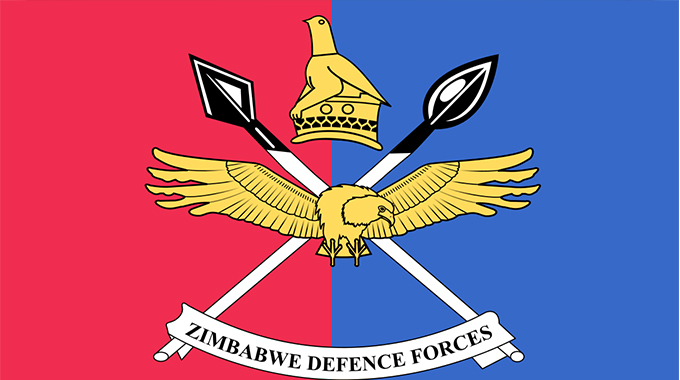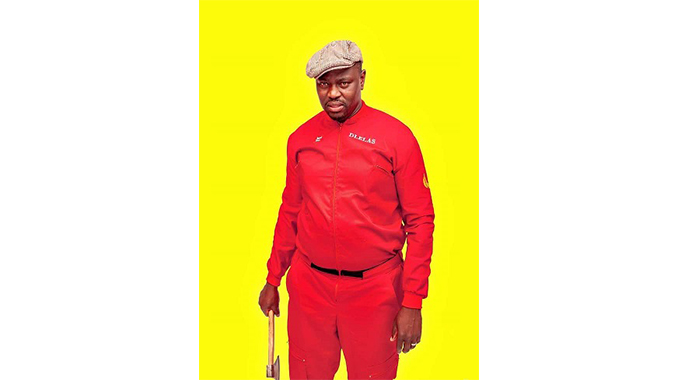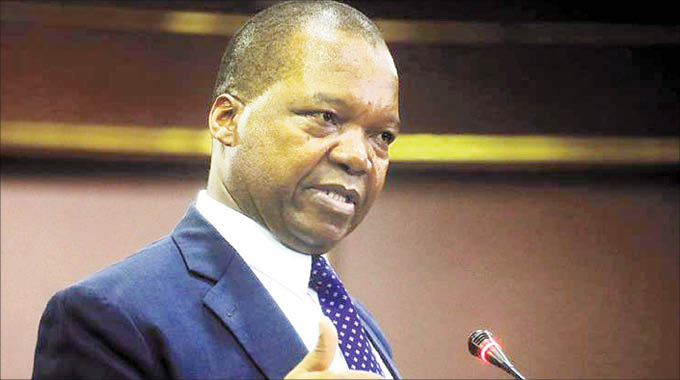COMMENT: Hats off to ZDF for defending our national sovereignty

THE fight for national freedom was arduous and protracted.
It started as soon as Cecil John Rhodes’ invading force settled at Fort Salisbury, now Harare, in September 1890. The settlers went on a frenzied campaign of gobbling up the country’s most fertile lands, its gold and livestock while trampling upon all the rights of blacks, including the right to life. They enacted a litany of unjust laws to entrench that dictatorship.
Blacks were dehumanised and enslaved in their land. This angered them, inevitably pushing them to war against the invaders. The First Chimurenga/ Umvukela ended in a crushing defeat, blacks’ rudimentary weapons proving no match against whites’ guns and dynamite.
However, the Second Chimurenga/Umvukela ended in an inevitable victory in 1980. Now better organised and armed and with much support from the masses and friendly nations abroad, nationalists won back their country and the humanity of their peoples.
Just as the country’s making, her post-Independence development has been challenging. Thousands of figures put their lives on the line for Independence to be achieved, and for the country to reach the stage of development it is now. Their work has been in various sectors — the military, the political, the social, the economic etcetera. It is these heroes — departed and alive — that we celebrated on Heroes Day yesterday. Without their individual and collective effort, Zimbabwe would not have been what she is today, a peaceful and proud nation on the road to massive development in its various facets.
Every hero is worth celebrating but in this thesis we are celebrating the men and women in fatigues. We trust them to defend our national sovereignty, territorial integrity, the national interest and peace towards greater national development. Many of those in the Zimbabwe Defence Forces (ZDF) fought during the liberation struggle in the 1960s to 1979 when the Rhodesian regime of Ian Smith accepted defeat.
However, a majority of them were too young to fight in that war but have fought a number of wars for their country, including against poverty, disease, underdevelopment and natural disasters. They have, and are also working on numerous community development projects in many parts of the country, building roads, bridges, schools, clinics and other critical infrastructure.
When Cyclone Idai struck in early 2019, the military were among the first responders, plucking hundreds from rising waters and hilltops in Chimanimani in heroic aerial missions and flying them to temporary shelters in the area. They have been involved in post-disaster recovery and rebuilding efforts — reconstructing roads, bridges and other public infrastructure in Chimanimani as they have historically done elsewhere across the country after similar disasters.
Health staff at Mpilo Central Hospital were left homeless recently after their official quarters caught fire. They also lost all their household property, clothing and so on. As in previous disaster response and recovery activities, the military was roped in to rebuild the residences.
As we report elsewhere today, Zimbabwe National Army (ZNA) personnel have built Tokwana, Gampu, Ngwane, Mbimba and Somnene clinics as well as Ntambana and Himago secondary schools in Bulilima District, Matabeleland South. In neighbouring Mangwe District the ZNA assisted in building a foot bridge in Khahlu while in Kezi District the military assisted in constructing Kezi Primary School.
We quote ZDF spokesperson, Colonel Alphios Makotore stressing the role of the military in developing communities in support of the Government’s broader programmes.
“We have numerous projects that are underway at the moment across the country,” he said.
“These include school projects where we are building classroom blocks, toilets, science laboratories, administration blocks among others as well clinics and bridges. Our main thrust is construction of science laboratories because they are crucial in the attainment of Vision 2030.
In order to achieve an upper middle-income economy, we have to produce and in order to produce we need industries and innovation. We need a crop of learners that will be able to produce and come up with innovations. In order for our learners to have such skills they need science laboratories and these facilities are also needed in rural schools. Since 1980 as ZNA it has always been our role to assist communities and we are still committed to fulfil this role.”
We indeed salute the ZDF for defending our national sovereignty and territorial integrity; for promoting peace, security and national development. They fought for national freedom and continue to defend it.











Comments